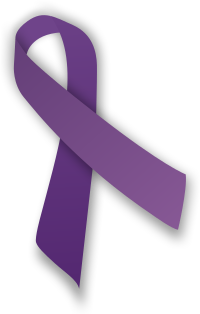
Photo from wikipedia
OBJECTIVE To identify management strategies used by the Family Health Strategy teams of a Basic Health Unit in organizing work in socially vulnerable territories exposed to violence. METHOD A single… Click to show full abstract
OBJECTIVE To identify management strategies used by the Family Health Strategy teams of a Basic Health Unit in organizing work in socially vulnerable territories exposed to violence. METHOD A single case study with a qualitative approach in a family health unit located in the southern region of Brazil. Data collection was conducted through individual interviews with 27 health professionals from August to September 2017 and a focus group with 18 participants in April 2018. Data organization and processing was performed with the support of the IRAMUTEQ software program and subsequently the content analysis technique. RESULTS The five classes characterized strategies used by professionals to provide care to the population considering their experience in facing violent situations. A guideline was developed and validated in the focus group to guide the management and organization of work in these services. CONCLUSION It was evidenced that professionals develop strategies which include strengthening the team as a form of collective protection, welcoming focused on comprehensive care and bonding, even without the support of specific public policies for these situations. The population is allied to facilitate access to care for vulnerable people and alerts professionals to critical situations in the territory.
Journal Title: Revista da Escola de Enfermagem da U S P
Year Published: 2020
Link to full text (if available)
Share on Social Media: Sign Up to like & get
recommendations!